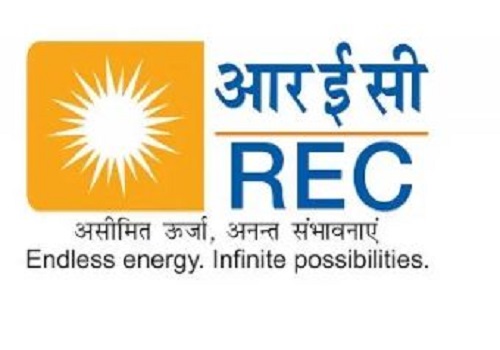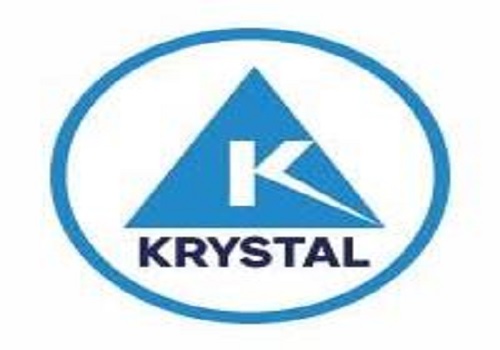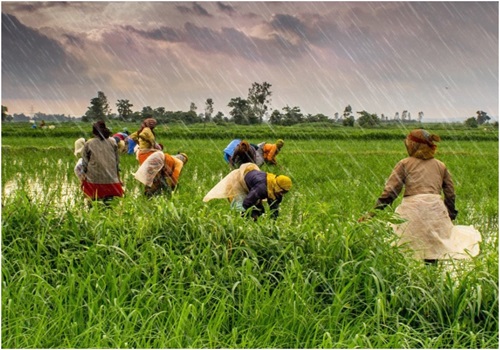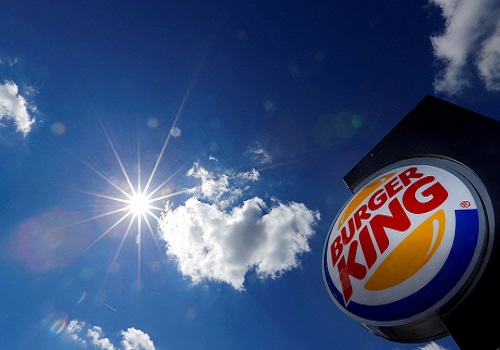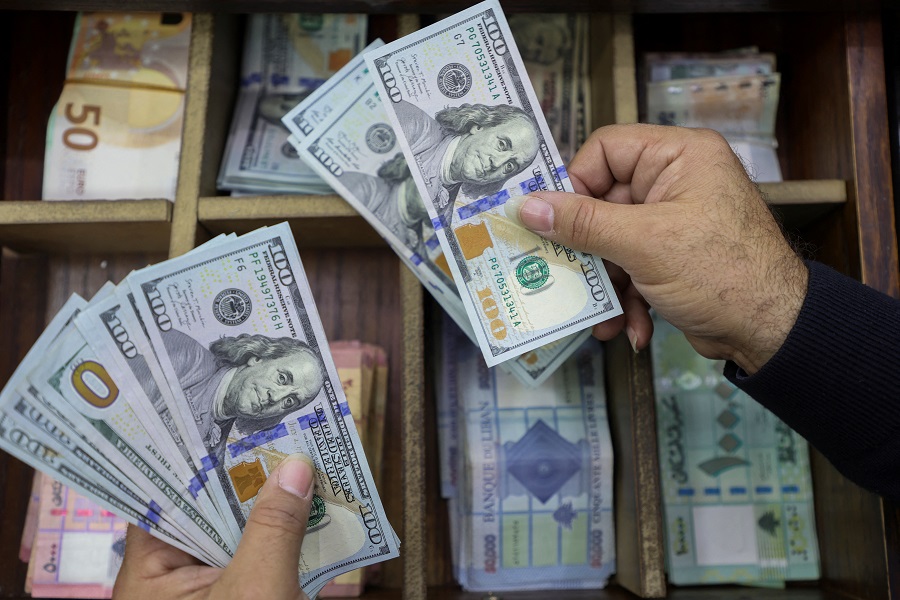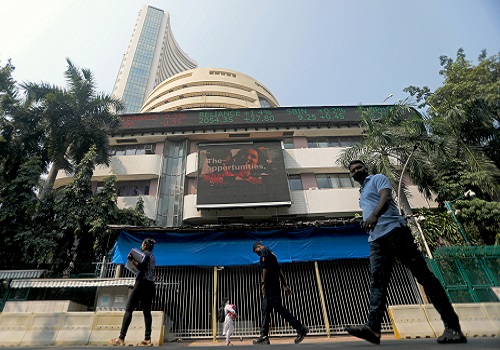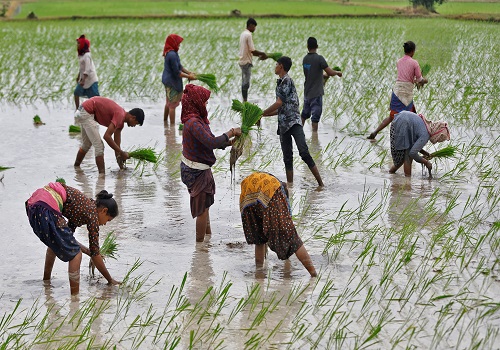ADB praises India for cutting subsidies on fossil fuels to boost green energy

The Asian Development Bank (ADB) has praised India for adopting policies to cut subsidies on fossil fuels on petroleum products and levying a cess on coal to create fiscal space for increasing government support to renewable energy, electric vehicles and strengthening of electricity infrastructure.
"By carefully balancing the combined effect of three key policy levers - retail prices, tax rates, and subsidies on selected petroleum products - the country was able to reduce its fiscal subsidy in the oil and gas sector by 85 per cent, from an unsustainable peak of USD 25 billion in 2013 to USD 3.5 billion in 2023," according to the ADB's Asia-Pacific Climate Report.
"The additional tax revenues from increases in excise duty on petrol and diesel from 2014 to 2017, a period of low international crude oil prices, were also redirected to improve access and target subsidies for expanding the use of liquefied petroleum gas (LPG) among the rural poor," the report points out.
From 2010 to 2017, the Union Government introduced a cess on coal production and imports. Around 30 per cent of the cess collections were channelled to a national clean energy and environment fund that supported clean energy projects and research, the report adds.
The ADB said the cess significantly contributed to strengthening the budget of the Ministry of New and Renewable Energy during 2010–2017 and provided the initial funds for the country's Green Energy Corridor scheme and its National Solar Mission, which helped bring down the cost of utility-scale solar energy and fund many off-grid renewable energy solutions.
As a result of India's subsidy reforms and taxation measures, the country's fossil fuel subsidies plummeted from 2014 to 2018.
"Its renewable energy subsidies also reached a peak in 2017 but are now once again growing, with major support schemes targeting solar parks, state-owned enterprises and distributed renewable energy," the report added.
However, the report also states that subsidies for LPG have now gone up and efforts may be required to improve targeting and incubating non-fossil-fuel cooking alternatives.
